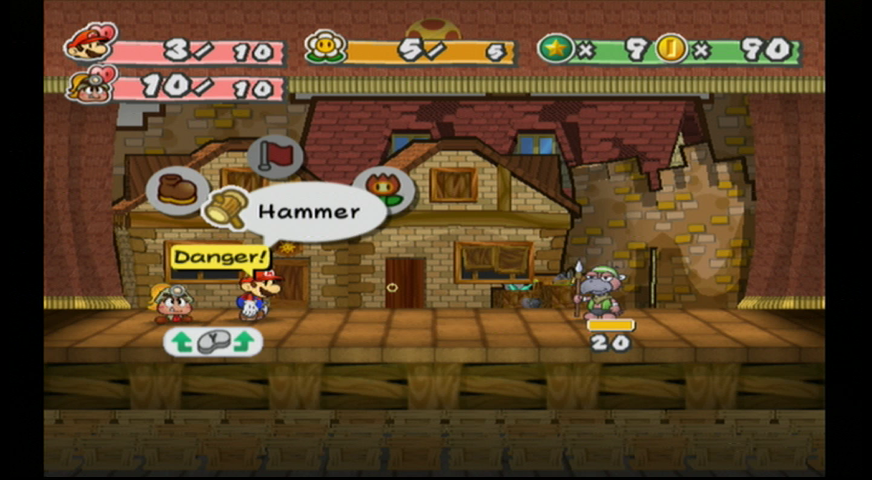Capcom - 2005 - Gamecube/PS2/PS3/Wii/X360/PC
In order to help commemorate the release of the “Ultimate HD Edition” of Resident Evil 4 on Steam this week, I figured I’d post about how awesome this game is. It's actually difficult for me to put my finger on why I like this game so much. On paper, it seems like a game I would absolutely hate. The story is pretty much ridiculous. The puzzles feel tacked on and unnecessary. There's instant death quick time events in cutscenes. All things I hate. Plus it's a shooter, and I'm not usually enthralled with action/shooters. But somehow this game really won me over and became one of my favorites.
Resident Evil 4 marked a huge shift in the franchise's gameplay. RE 1-3 were really more pure survival horror games. Ammo was scarce. Enemies were scarce, which made it more intense when you encountered one. Aiming was kind of awkward which gave a real sense of vulnerability. The emphasis was on atmosphere and trying to creep the player out. I liked these games, especially the first Resident Evil. RE4 is a very different kind of game. There's enemies all over the place, the controls are tight, and the emphasis is on the shooting and action. It's a different kind of fun. It still does atmosphere sort of well through the first half of the game, but kind of abandons it through the second half in my opinion.
What I think this game does very well is variety. Variety in enemies, variety in weapons, variety in locations and so on. While I think RE4 does some sections of the game better than others, at least you never get the sense that you're doing the same thing over and over which I frequently get while playing shooters. There's the atmospheric lonely feeling of the village in the beginning of the game, the creepy cultists in the castle, the unnerving bizarre science experiments in the laboratory and the over the top action sequences near the end of the game.
There are lots of unique and memorable experiences in RE4. There's everything from being trapped in a cabin with legions of zombies trying to break in to running from an invisible monster through dimly lit sewers. There's even epic gigantic boss fights and a few vehicle sections as well. It's not as nerve-wrackingly scary as the first RE games, but there are a few jump scares scattered throughout RE4. There's a sort of fun metagame of deciding which weapons and items you'll take with you with limited inventory space. And deciding which guns to upgrade and which upgrades to purchase is fun too.
Summary:
It's just good old zombie killing fun. Check it out
Resident Evil 4 marked a huge shift in the franchise's gameplay. RE 1-3 were really more pure survival horror games. Ammo was scarce. Enemies were scarce, which made it more intense when you encountered one. Aiming was kind of awkward which gave a real sense of vulnerability. The emphasis was on atmosphere and trying to creep the player out. I liked these games, especially the first Resident Evil. RE4 is a very different kind of game. There's enemies all over the place, the controls are tight, and the emphasis is on the shooting and action. It's a different kind of fun. It still does atmosphere sort of well through the first half of the game, but kind of abandons it through the second half in my opinion.
What I think this game does very well is variety. Variety in enemies, variety in weapons, variety in locations and so on. While I think RE4 does some sections of the game better than others, at least you never get the sense that you're doing the same thing over and over which I frequently get while playing shooters. There's the atmospheric lonely feeling of the village in the beginning of the game, the creepy cultists in the castle, the unnerving bizarre science experiments in the laboratory and the over the top action sequences near the end of the game.
There are lots of unique and memorable experiences in RE4. There's everything from being trapped in a cabin with legions of zombies trying to break in to running from an invisible monster through dimly lit sewers. There's even epic gigantic boss fights and a few vehicle sections as well. It's not as nerve-wrackingly scary as the first RE games, but there are a few jump scares scattered throughout RE4. There's a sort of fun metagame of deciding which weapons and items you'll take with you with limited inventory space. And deciding which guns to upgrade and which upgrades to purchase is fun too.
Summary:
It's just good old zombie killing fun. Check it out








